MALMÖ
Sweden’s Justice Minister survives no-confidence motion
Sweden's Justice Minister Morgan Johansson has survived a no-confidence motion proposed by the populist Sweden Democrats over his handling of gang crime.
Published: 15 November 2019 09:57 CET
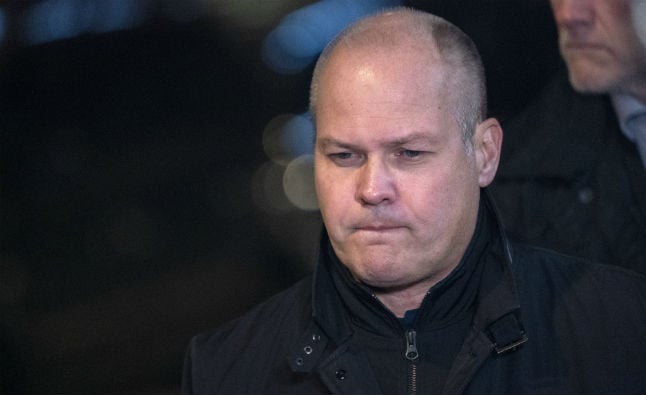
Sweden's Justice Minister Morgan Johansson has come under pressure under crime. Photo: Johan Nilsson/TT
“It's been an own-goal from the moment it was proposed,” Johansson said after the vote on Friday morning. “The right-wing nationalist bloc has revealed itself and it's clear that it isn't the Moderate Party any more in the lead.”
The far-right Sweden Democrats had argued that Johansson should stand down over his failure to bring an end to high-profile shootings and explosions in Sweden, and had won the backing of both the Moderate and the Christian Democrats for its proposal.
Ulf Kristersson, the Moderate Party's leader, told the Expressen newspaper ahead of the motion that he believed it was right to hold Johansson responsible for recent shootings.
“It is right to now put forward a no-confidence motion against the Justice Minister,” he said. “He is ultimately responsible for this completely unsustainable situation we have in Sweden right now. He should either do his job or accept the consequences and resign.”
The parties pushing for the no confidence motion could only muster 151 votes, 23 short of the 174 needed to win a no-confidence motion, after the Liberal and Centre parties sided with Sweden's red-green coalition government.
However, winning the backing of the two other right-wing parties marks a significant step forward for Jimmie Åkesson, leader of the Sweden Democrats, whose strategic aim is to combine forces with them to form a new conservative parliamentary bloc.
Janine Alm Ericson, from the Green Party, the junior partner in Sweden's ruling coalition, accused the three parties of abusing the system of no-confidence motions for a political stunt. “It's obvious that this instrument is being used frivolously by the conservative opposition,” she said.
Anders W. Jonsson from the Centre Party said that he was against the use of no-confidence motions to “express general dissatisfaction”, claiming they should be reserved for only the most serious ministerial failures.
Sweden's government has come under increasing pressure over crime this week after a 15-year-old boy was fatally shot in a pizza restaurant in Malmö at 9pm on Friday night last week.
Url copied to clipboard!

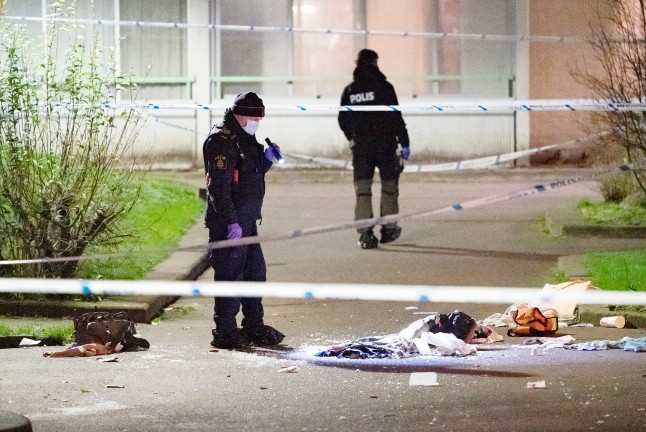
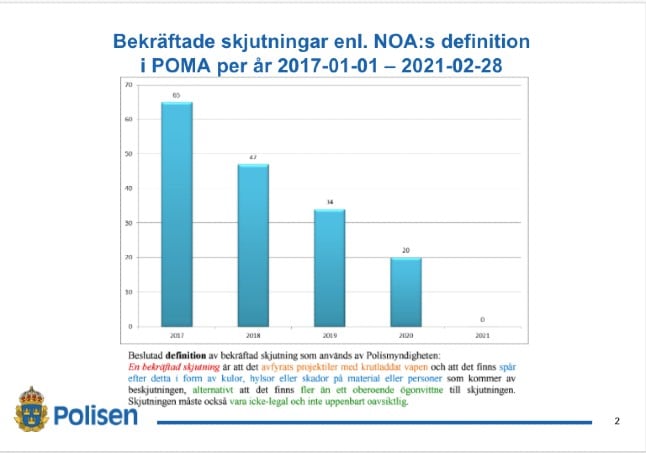
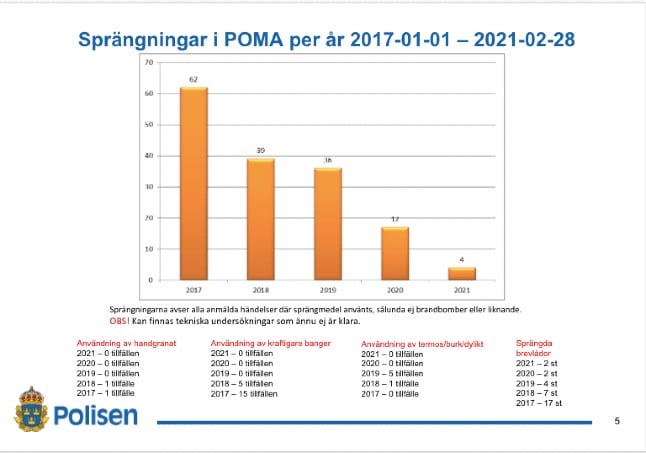
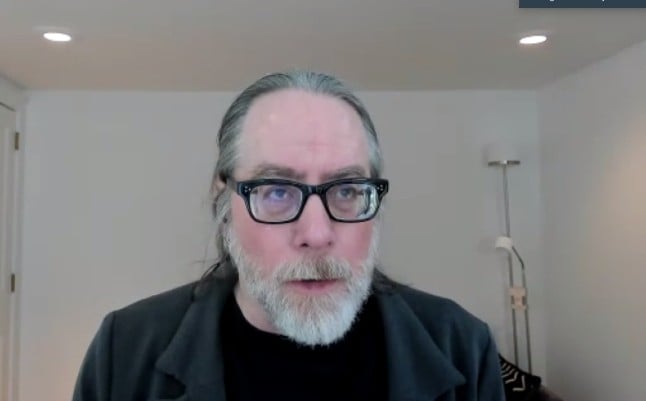
 Please whitelist us to continue reading.
Please whitelist us to continue reading.
Member comments